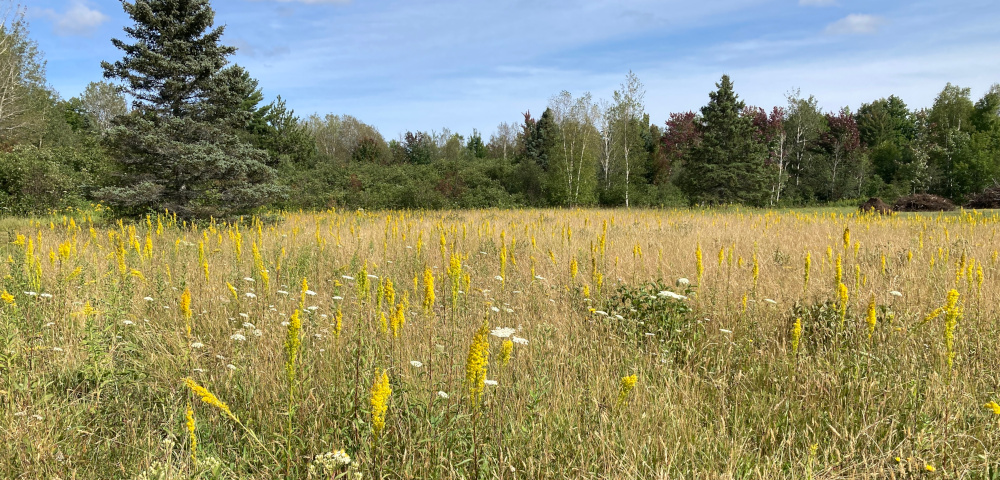4 actions that have helped me cope with my husband’s ALS
How finding purpose and fighting the good fight kept up my spirits
Written by |

The years since my husband, Todd, was diagnosed with ALS have been hard for both of us, not only physically but also emotionally. I don’t think there’s a way to overcome the grief that accompanies a disease that causes ongoing loss, but we’ve found ways to live with it.
Here are a few coping mechanisms that have helped me over the past 13 years.
Fighting can feel good
After Todd was diagnosed, I searched the internet for alternative treatments, anything that would give us a sliver of hope. He tried a number of supplements recommended by people with ALS who’d outlived the three- to five-year prognosis. We’ll never know whether any of those supplements have slowed the disease progression, because we can’t test with and without them, but it felt good to try something.
Todd does notice positive differences in how he feels on the supplements, and that makes his life more comfortable. Paralysis is tough enough without having to deal with constipation or fatigue.
I’ve also channeled some of my angst into fighting for the resources Todd needs. For example, I petitioned the upper management of our durable medical supply company when they were hesitant to order a head array Todd needed to control his wheelchair. I’ve also had to advocate for physical therapy, which reduces Todd’s pain and helps him sleep, and for shower aides.
Since I’m not physically able to do all of the care myself, every little bit of outside help reduces my workload and keeps me in the fight.
Creating something good
After Todd was diagnosed, he knew we’d need family support, so we put our Wisconsin house on the market and started to design an accessible home to build in northern Michigan. It was a fun, creative project that helped us cope in the aftermath of the diagnosis.
We also shared updates with our friends and family through a blog, and we turned many of those thoughts into a memoir, sharing our experience of coming to terms with the diagnosis.
After we were at it for some time, we created a YouTube channel called ALS411, sharing tips for disabled living. Our first video was about designing an accessible bathroom. It felt good to make our suffering count for something.
Some people with ALS have done really big things, like Steve Gleason, a former football player with the New Orleans Saints. He and his wife started Team Gleason, which offers adventure trips and practical help for people with the disease. Others find little ways to help, such as providing empathy or guidance in ALS social media groups.
Finding purpose to keep going
Todd also keeps himself busy with various projects. He coaches my son and me on household projects and volunteers for our church, helping with its website and podcast. He’s much happier when he’s busy.
Our children give us a reason to keep going with as much grace as we can muster. As difficult as this situation is for them, it could be worse. We can’t go on big vacations, but we share laughter at home on family movie nights and by playing board games. Todd has been a constant presence in their lives, and I record videos of my son dirt biking or my daughter dancing; Todd cheers them on later in his office.
Noticing the small joys of life
Even though I can’t go far from home because Todd may need my help, I try to get out every day to walk and savor the beauty that surrounds me in nature — the warmth of sunshine on my face, the smell of Fraser fir trees, or the sight of wildflowers dotting the field near our home with specks of color.
Caregiving can be an all-consuming task, so I try to step away for a time every day, even if it’s only for 15 minutes at a time.

A field near our home. (Photo by Kristin Neva)
Note: ALS News Today is strictly a news and information website about the disease. It does not provide medical advice, diagnosis, or treatment. This content is not intended to be a substitute for professional medical advice, diagnosis, or treatment. Always seek the advice of your physician or other qualified health provider with any questions you may have regarding a medical condition. Never disregard professional medical advice or delay in seeking it because of something you have read on this website. The opinions expressed in this column are not those of ALS News Today or its parent company, Bionews, and are intended to spark discussion about issues pertaining to ALS.







Teresa
Thank you, Kristin, for reminding us to continue to find joy in every day! My husband, my PALS, has the ability to live for each day!! Me - I’m worried or working on what’s coming next and trying to be prepared with equipment and access for him to get in/out of our challenging home situation, the shower, bathroom etc…While I admire his optimism - it sucks to be the “Bad Cop” bringing up difficult conversations that often paralyze me because I hate to bring a horrible reality into our love and life! Can anyone relate with me and offer any tips on how to be courageous yet kind to the one I love and care for?? We are pretty much isolated from family by distance - phone calls will never replace the face to face realization on day to day issues we live… Blessings to all in this community!